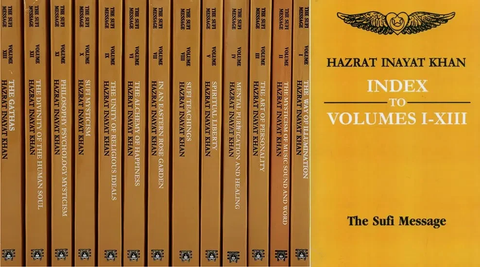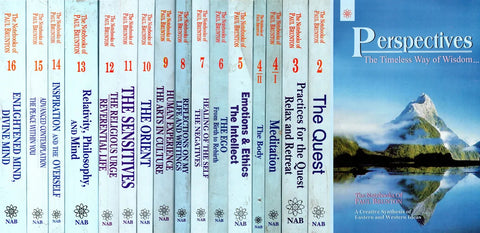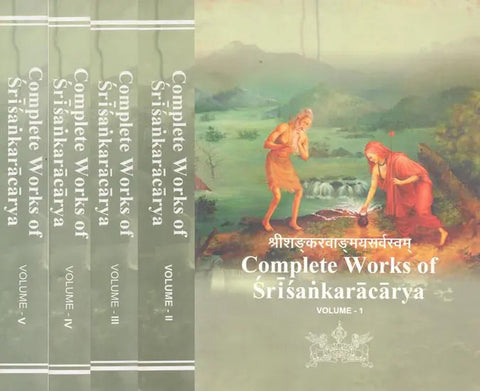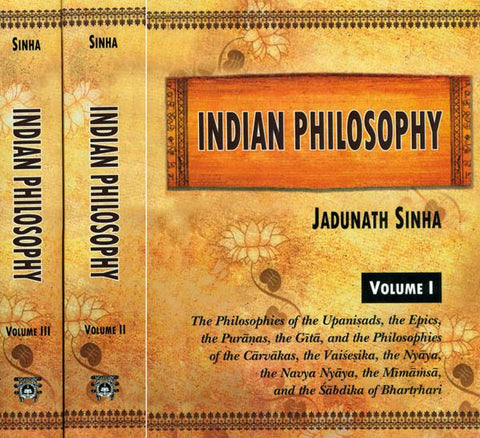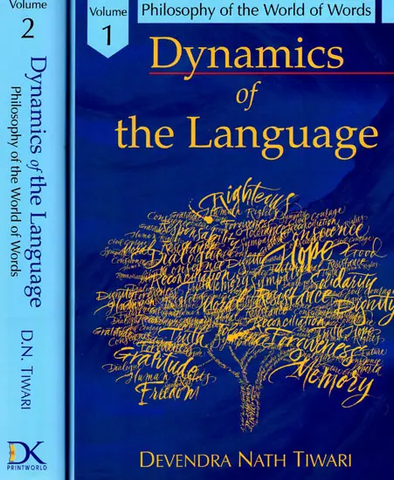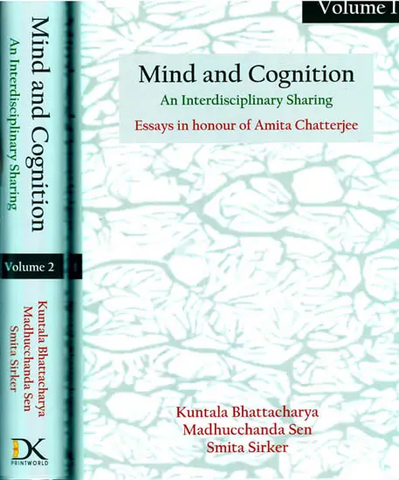Your cart is empty now.
In this book, we have some of the major works of sanskaras actually translated by Ramana Maharshi. It includes Sanskara's famous The Crest Jewel of discrimination and Maharshi's seminal Forty Verses on reality the Sankara consolidate the teaching of the Upanishadic and Brahmana sutras into a practical philosophy of living leading to the non-dual state of self-realization. In the twentieth century Ramana Maharishi revived this great teaching and through his exemplary life brought about a worldwide Renaissance of Advaita. In this book where Ramana translate Sankara, we have a blending of the wisdom of these two Self-Realised Sages.
Shankara is known as the Sankaracharya which means Acharya ‘one who sets the example’. He was a child prodigy and a genius. At 8 he was reputed to have mastered the Vedas. At 16 he had written his commentary on the Brahma Sutras. He later wrote seminal commentaries on the Bhagavad Gita and the principal Upanishads and was determined to save the Vedic teaching from onslaughts by Buddhists and Jains. Many miracles were reported during his lifetime. At the age of 32, he suddenly died having established monastic orders in the four corners of India. These orders have flourished and have played a great part in the spiritual heritage of India.
Sri Ramana Maharshi (1879 to 1950) was born into a Brahaman family. His father died suddenly in 1892 and this death experience led to his Self-realisation. He then moved to the sacred mountain Arunachala, Tiruvannamalai, which he never left. In 1907, he was given the name Bhagavan Sri Ramana Maharshi by the famed Poet- Saint Ganpati-Muni. He is universally acknowledged as one of the greatest spiritual figures of the Twentieth Century, as he taught largely through silence.
Victory to Ramana! Victory to Shankara.'
These beautiful names resound like a clarion call addressed to our human hearts, imploring us to awaken from the suffering dream of life. This ancient call of the Vedic Rishis echoes through the ages, as if emanating from some primeval conch-shell, and is still available for "hearing" in our own time.
Both Great Sages knew they had truly descended from the everliving root of the Primal Sage, Dakshinamurti. Shankara's Hymn to Dakshinamurti and Ramana's translation exemplify this connection. The first part of this book is devoted to the inspired translation that Ramana made of some of Shankara s classics.
On 12 May 1936, Oliver Lacombe visited the Maharshi at Tiruvannamalai'. He asked, "Is Maharshi's teaching the same as Shankara's?" The Maharshi replied, "Maharshi's teaching is only an expression of his own experience and realisation. Others have found that it tallies with Sri Shankara's."
It is not surprising that when Sri Bhagavan discovered that the Tamil literature was deficient in correct and fine translations of some of the Acharya's works, he himself translated them into Tamil for the benefit of the Tamil-speaking population at large. The distinguished Oxford scholar and University professor, Arthur Osborne, who lived at Ramanasramam for many years, translated these jewels into English; and so the English-speaking world has similarly benefited. In the first part of this book, we preface each translation with Arthur Osborne's brief introduction. Ramana himself has written the introduction to the great Vivekachudamani or the Crest Jewel of Discrimination, with which this book commences.
Part Two of this book is the work of the Maharshi alone. His concise Forty Verses on Reality are a modern Upanishad, and unmistakably give the Advaita teaching for contemporary mankind.
S. S. Cohen, a faithful long-standing devotee and resident of Ramanasramam during his lifetime, meticulously translated them into English. He also wrote a worthy introduction to the work which requires no further embellishments, along with a masterful commentary which makes the text abundantly clear to the Western reader.
Adi Shankara played a pivotal role in the development of philosophical thought in India. As the great consolidator of the teachings of Advaita Vedanta, he occupies a unique place in the history of world religions. His lucid commentaries on the ten principal Upanishads, the Bhagavad Cita and the Brahma Sutras are second to none. He was also a great Bbakta and composed many devotional Hymns. He founded monastic orders which survive today and still inspire many in both India and the West.
Shankara was indeed a spiritual genius of the medieval age, but it is to the wholly exemplary life and teachings of Sri Ramana Maharshi that we owe the contemporary interest in Advaita Vedanta which spreads like a forest fire in the dense woods of samsara, both in the East and the West. His teachings centre on Self-enquiry and Surrender to the Divine. It is indeed rare that such spiritual colossi are born on this planet: an act of Divine Grace, to point the way to liberation and Self-knowledge.
We are indeed grateful to the President of Sri Ramanas¬ramam, Sri Sundaram Ramanan, for so willingly granting us permission to amalgamate all these seminal works into one volume. The scriptures in this book have truly the power to awaken the mind and turn it inwards to seek the Real Self, that which is nameless and is the common birthright of every receptive man and woman today.
Content
| Introduction by Alan Jacobs | 7 |
| Part I Ramana Maharshi's Translations from Shankara | |
| Introduction by Arthur Osborne | 11 |
| Vivekachudamani- The Crest Jewel of Discrimination | 12 |
| Most significant Verse selected by Sri Bhagavan Ramana Maharshi | 71 |
| Dakshinamurti Stotra- Shankaracharya's Hymn to Dakshinamurti | 73 |
| Gurustuti | 77 |
| Hastamalaka Stotra- Knowledge of the Self | 79 |
| Atma Bodha | 82 |
| Drik Drisya Viveka | 91 |
| Vichara Mani Mala- Jewel Garland of Enquiry | 98 |
| Part 2 Ramana Maharshi's Forty Verses on Reality | |
| Preface by S.S. Ciheb | 115 |
| Synopsis | 117 |
| Invocation | 121 |
| The Forty Verses and Commentary | 123 |
| Notes | 149 |
| Glossary | 151 |
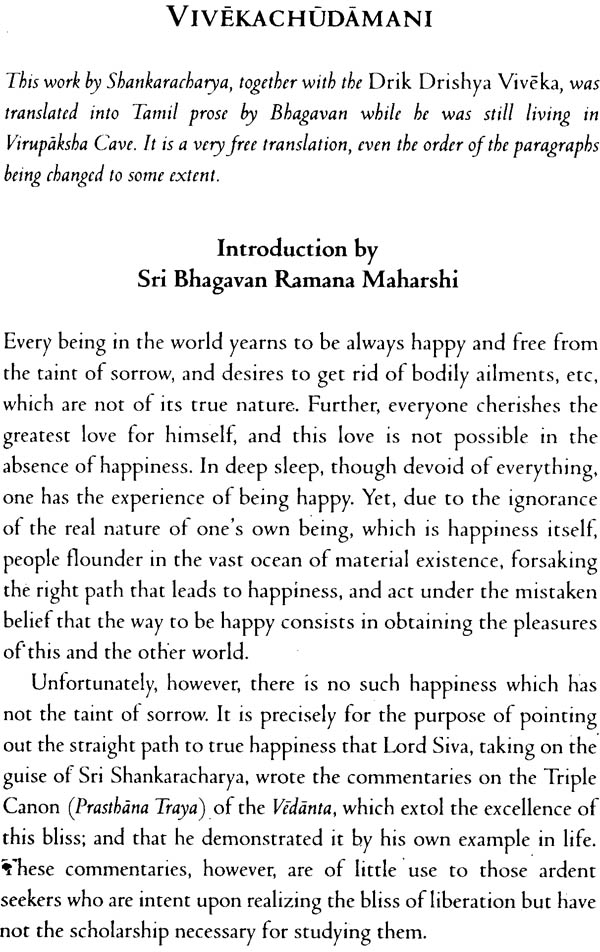
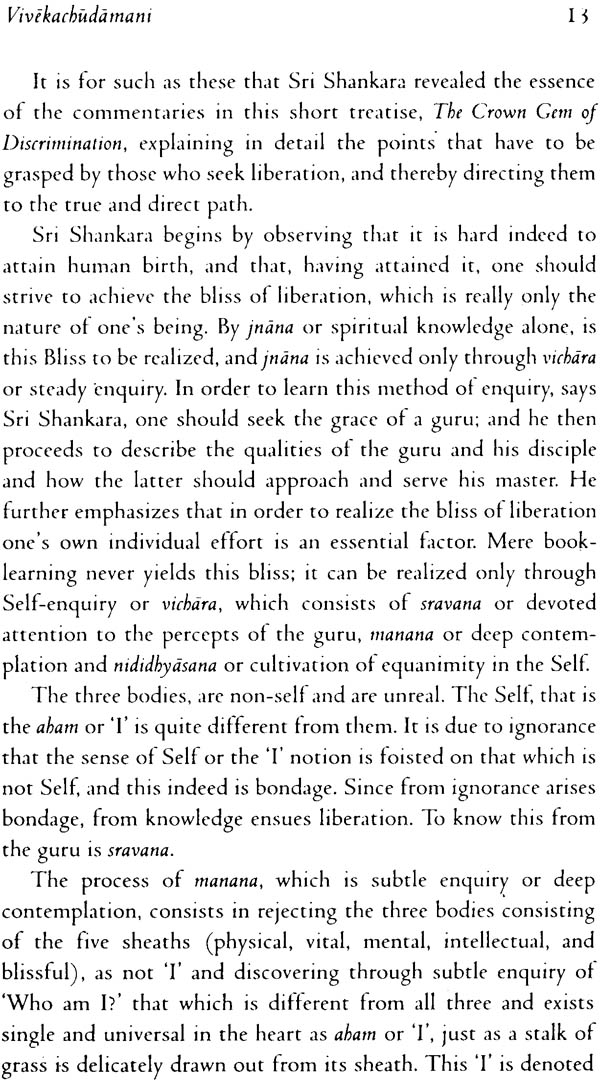
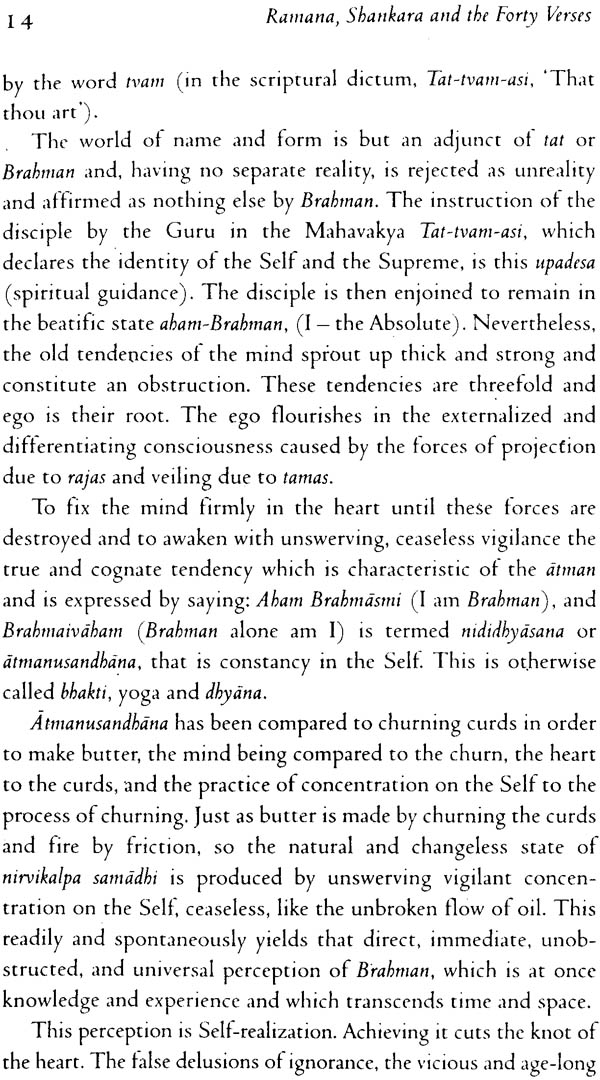
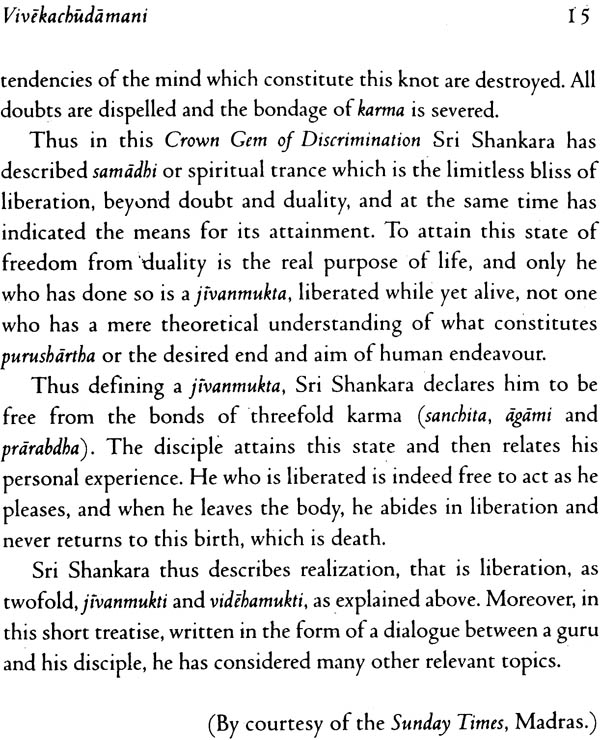
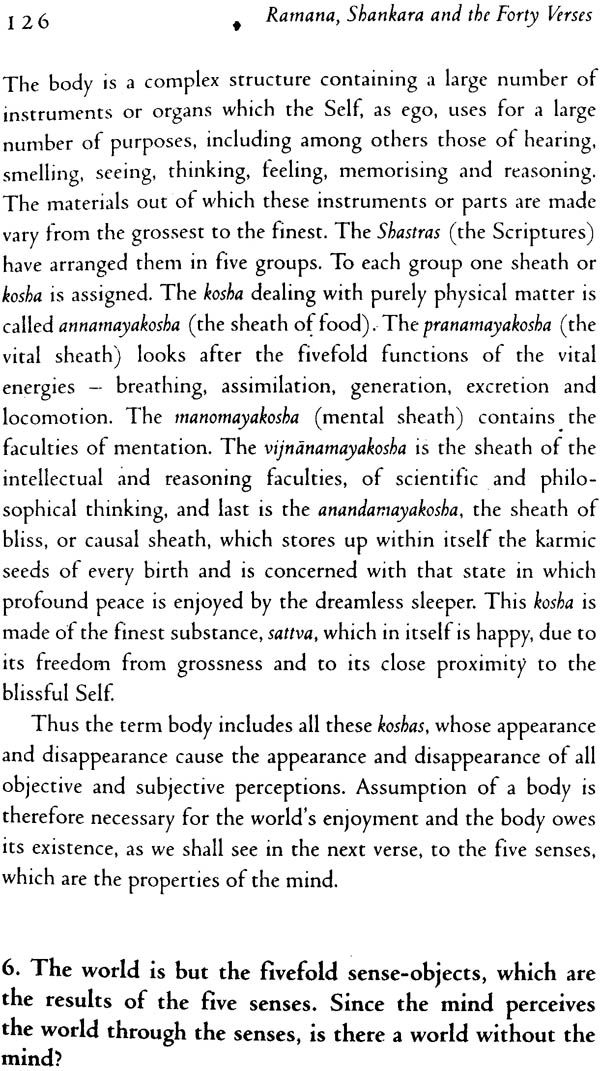
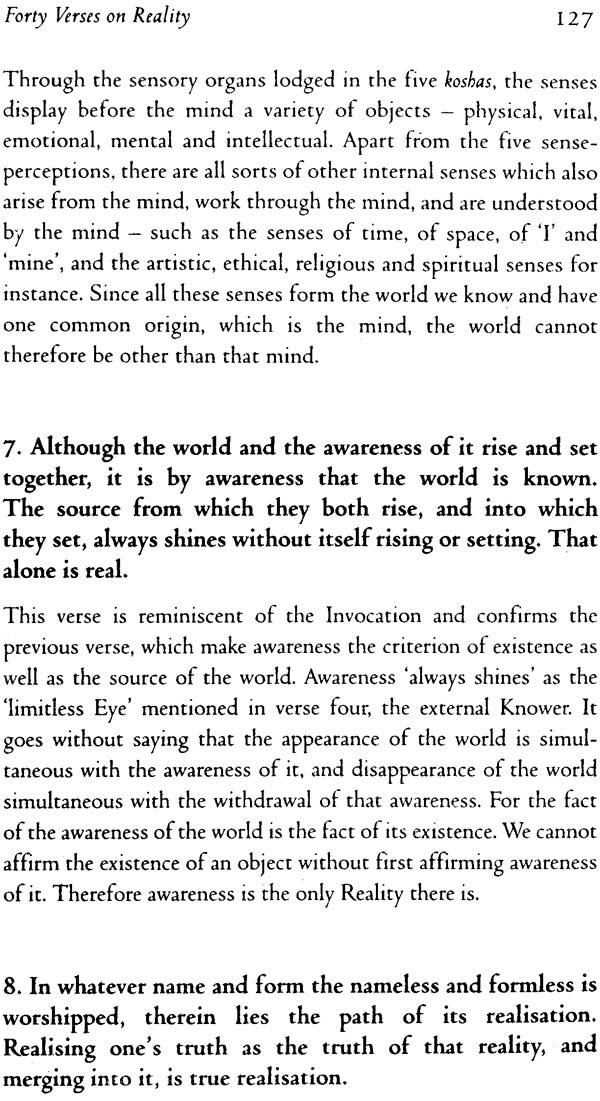
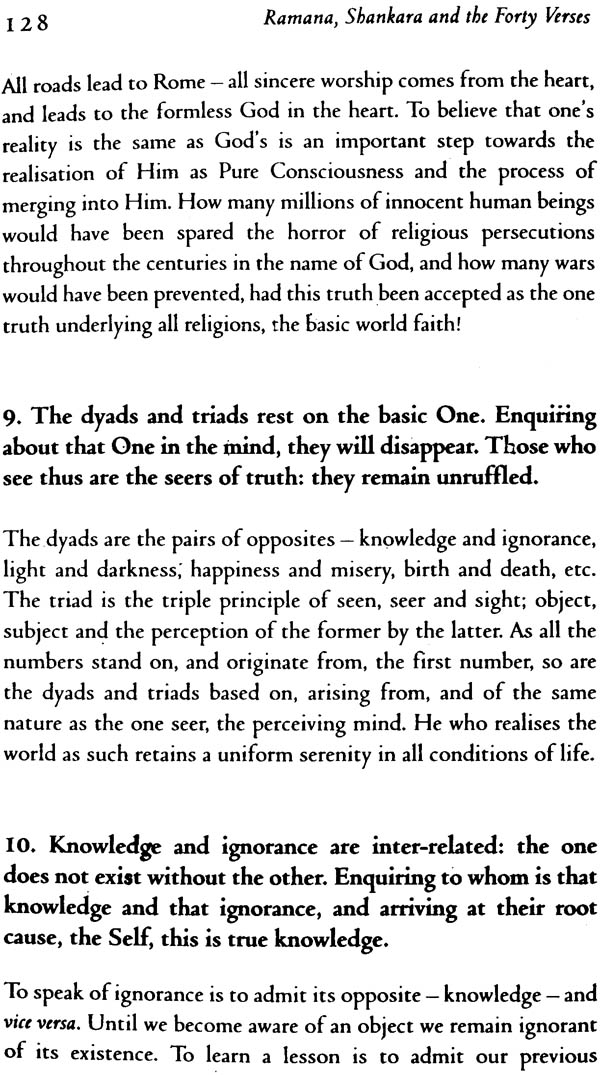
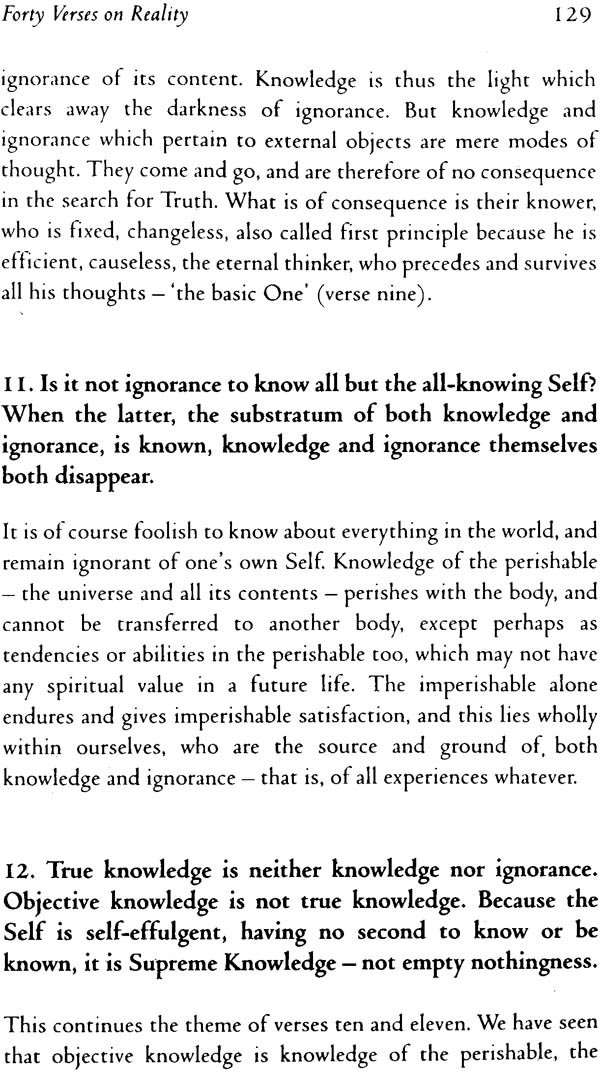
Delivery and Shipping Policy
- INTERNATIONAL SHIPPING
- Rs.1000-1100/kg
- ESTD. Delivery Time: 2-3 weeks (depending on location)
- Bubble Wrapped with Extra Padding
- NATIONAL SHIPPING
- NCR: Rs. 30/half kg
- Standard: Rs. 80/half kg
- Express shipments also available on Request
- ESTD. Delivery Time: Ranging from 1-4 days up to 7 business days (Depending on your choice of Delivery)
- TRACKING
- All orders; national or international, will be provided with a Tracking ID to check the status of their respective orders
- Depending on the Shipping Service, Tracking ID may be used on their respective tracking portals
Frequently Asked Questions (FAQs)
Domestic Shipping: 3-4 Days (after shipping)
International Shipping: 1-2 weeks (based on your location)
You will receive an email once your order has been shipped or you can email us if you didn't receive tracking details (info@mlbd.co.in)
Every book that we sell is the latest edition except all the rare books
Yes, we do provide free shipping, only on domestic orders (within India) above Rs.1500


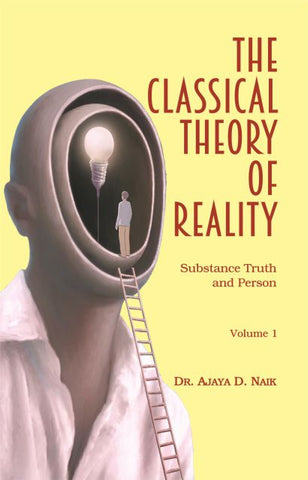
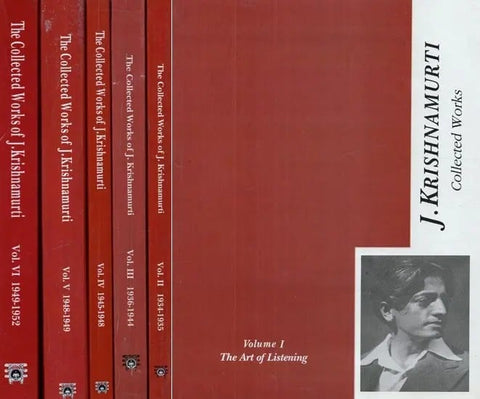

![A HISTORY OF INDIAN PHILOSOPHY [5 VOLUMES] by Surendranath Dasgupta](http://www.motilalbanarsidass.com/cdn/shop/products/HISTORYOFINDIANPHILOSOPHY_large.jpg?v=1675238163)
